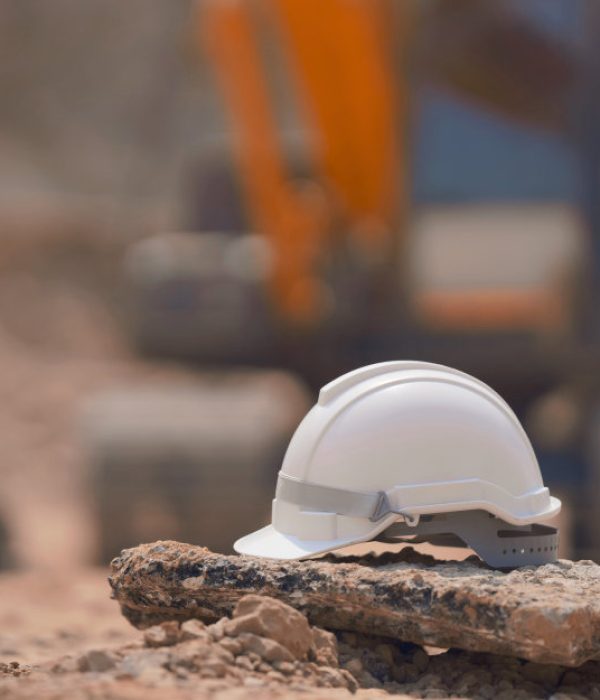We're Here To
Help

The construction industry faces a complex compliance landscape, encompassing building codes, health and safety regulations (ISO 45001, CDM), environmental standards (ISO 14001), and statutory inspections (LOLER, PUWER, scaffolding, and temporary works). Compliance ensures that all construction activities are conducted safely, legally, and sustainably, from site preparation to project completion. It also covers contractor accreditation (such as Constructionline, SafeContractor) and supply chain due diligence. Construction firms that prioritise compliance reduce the risk of accidents, litigation, and project delays, while enhancing their reputation and eligibility for major contracts.
Health and Safety Executive (HSE) The Health and Safety Executive – or HSE – are the overseeing body of the UK's Building Safety Regulator (BSR) named under the Building Safety Act (BSA).
General construction work should be restricted to the following hours: Monday to Friday 8am to 6pm. Saturdays 8am to 1pm. Noisy work is prohibited on Sundays and bank holidays.
Construction compliance is essential for maintaining safety, legal accountability, and the overall success of a project. Without proper adherence to regulations, construction sites can become dangerous, businesses may face legal trouble, and projects risk costly delays or even shutdowns.
The Construction (Design & Management) Regulations (CDM 2015) are the main set of regulations for managing the health, safety and welfare of construction projects. CDM applies to all building and construction work and includes new build, demolition, refurbishment, extensions, conversions, repair and maintenance.
In construction, BSR stands for the Building Safety Regulator. This is a new body established in England to oversee and regulate building work for higher-risk buildings. The BSR ensures that these buildings, including those with at least 7 stories or 18 meters in height, or containing 2 or more residential units, hospitals, or care homes, meet the highest safety standards.
British Standards (BS) in construction are a set of technical specifications and practices developed by the British Standards Institution (BSI) to promote best practices in design, construction, and maintenance. These standards are voluntary, but widely used in building specifications and contracts to ensure quality and safety. They cover various aspects of construction, including materials, processes, and testing methods.
Below are the top five essential health and safety policies that all construction businesses should implement. •Health and Safety Policy Statement. ... •Risk Assessment and Method Statement (RAMS) Policy. ... •Personal Protective Equipment (PPE) Policy. ... •Training and Competency Policy. ... •Accident Reporting and Investigation Policy.
Regulatory compliance is important for organizations to avoid fines and penalties, streamline processes and procedures, reduce the risk of security breaches, enhance their reputation, and close deals, especially upmarket.
Yes, the Construction (Design and Management) Regulations, commonly known as CDM, are a legal requirement in the UK. They apply to all construction projects, regardless of size or complexity, and impose duties on everyone involved in the project from start to finish.
Take the next step towards safer, smarter operations. Whether you need a compliance review, tailored training, or help achieving NERS or ISO certification, our experts are here to help.